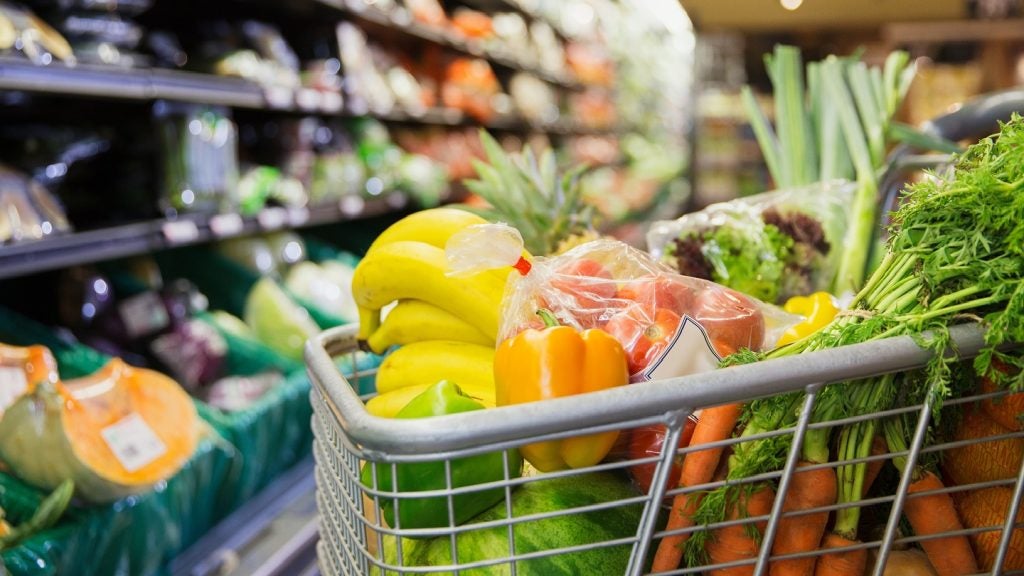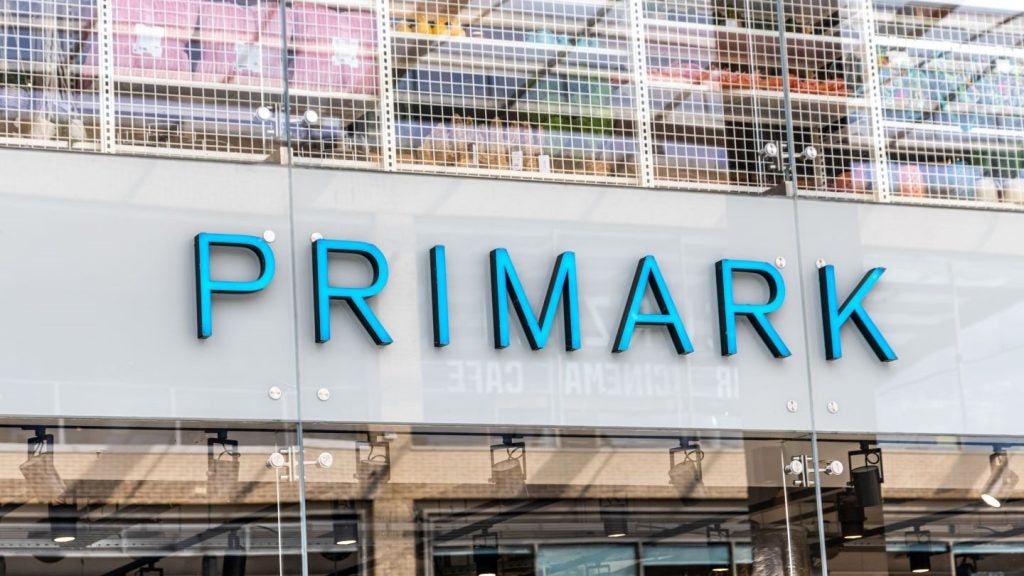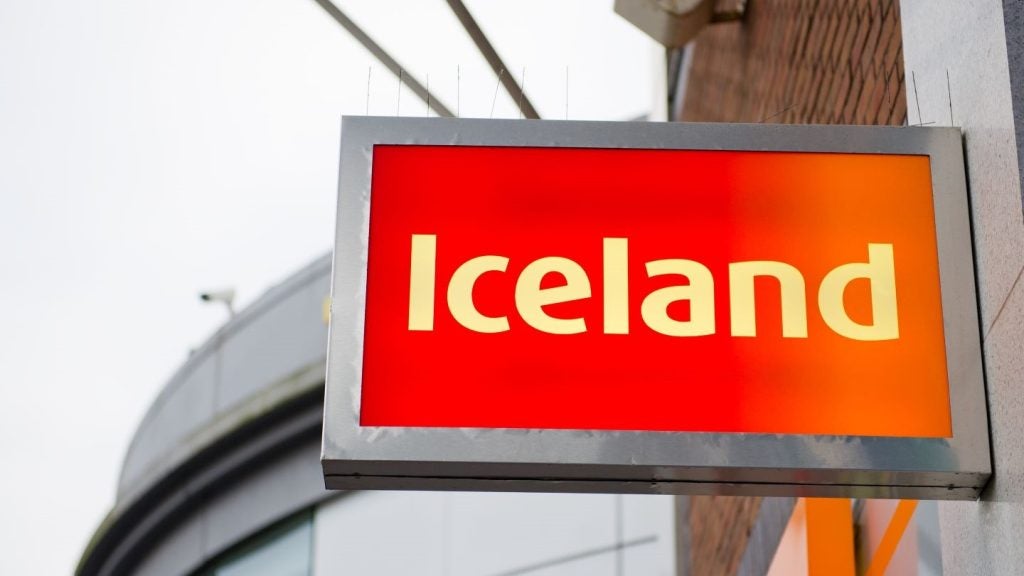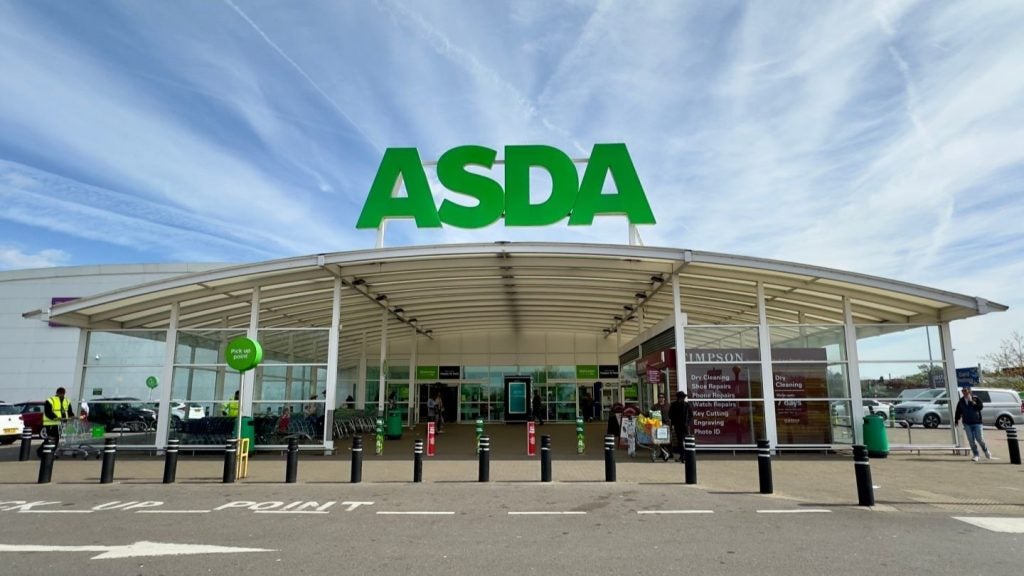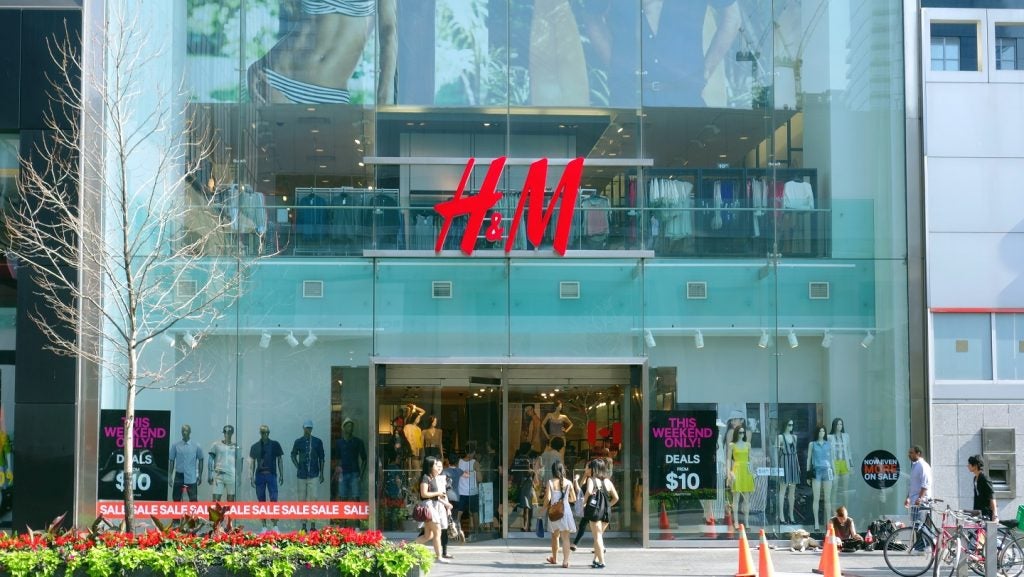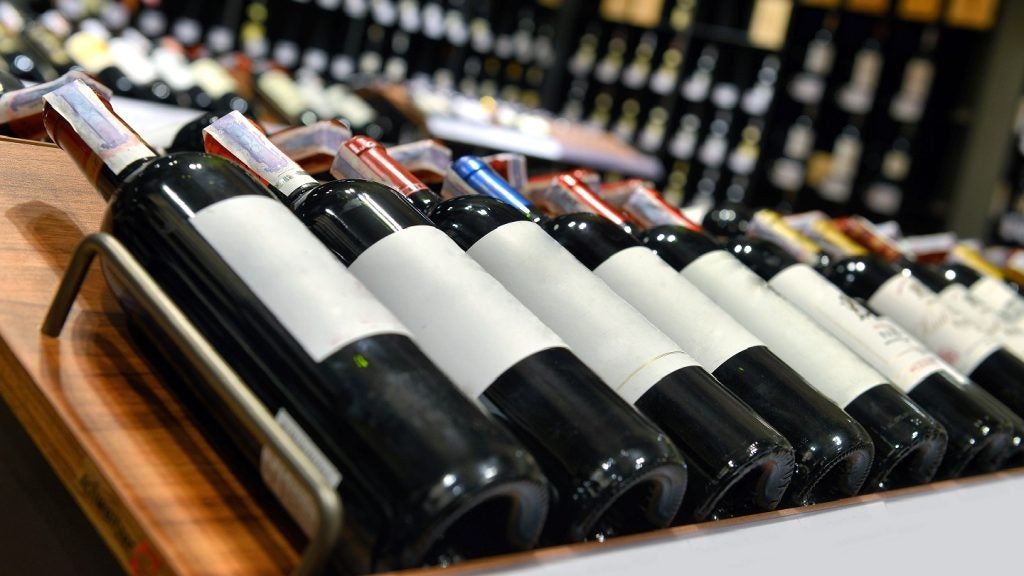The Australian Competition and Consumer Commission (ACCC) has released an interim report revealing that many Australians have lost trust in the country's two supermarket giants, Coles and Woolworths.
The 266-page document marks the midpoint of a year-long inquiry initiated by Prime Minister Anthony Albanese in January 2024, scrutinising the market power of these retailers and the potential barriers to entering the sector.
The report highlights the dominance of Woolworths and Coles, which together account for 67% of national supermarket retail sales, with Aldi and Metcash-supplied independent supermarkets trailing at 9% and 7% respectively.
ACCC deputy chair Mick Keogh stated: "We see Woolworths and Coles providing a broadly similar experience to customers through largely undifferentiated product ranges, pricing at similar levels and similar non-price offerings including loyalty programmes.”
The ACCC's investigation has brought to light supplier grievances, such as obligatory rebates for promotions to supermarkets.
This has led the regulator to utilise its compulsory information-gathering powers to examine the reported behaviour.
Customers have also raised doubts about the authenticity of "sale price" claims and the potential penalties for not participating in loyalty programmes.
The report follows a separate ACCC investigation into misleading discount claims on hundreds of products at Coles and Woolworths, which resulted in legal action against the two retailers in September 2024.
"Many consumers have told us that they are losing trust in the sale price claims by supermarkets," Mick Keogh added.
The ACCC, which spoke to more than 21,000 customers for the inquiry, found that many were concerned about rising prices and finding the best value.
The majority of low-income household respondents spend more than 20% of their net income on groceries, a consumer survey conducted by the regulator revealed.
Despite a more than 20% increase in the price of a typical grocery basket over the past five years, the ACCC noted that this was consistent with inflation rates.
The inquiry also revealed that supermarkets hold a significant number of undeveloped sites, potentially hindering competition.
Woolworths has interests in 110 sites, Coles in 42 and Aldi in 13.
"That really does raise questions with us about whether that is a mechanism to make it more difficult for competitors, or whether it's just the planning and approval process," Keogh stated.


